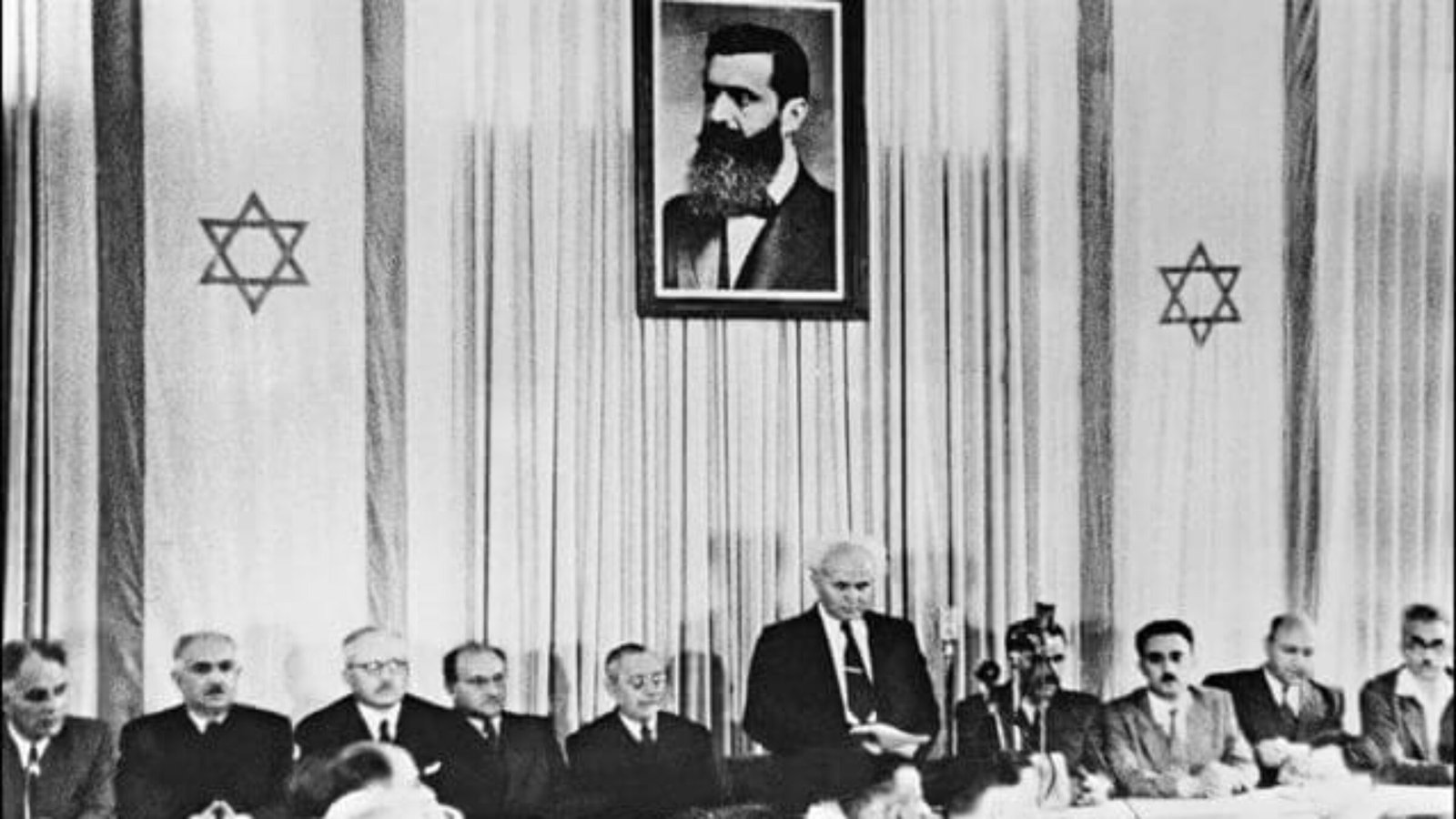The birth of Israel as a state in 1948 is often portrayed through the prism of its struggle for independence and survival amidst hostile neighbors. However, this external narrative, while significant, overshadows an equally compelling internal story: the ideological battles among Israel’s founding figures. These internal dynamics reveal not just a mere political disagreement but a profound debate on the nature and future direction of the nascent state.
At the heart of early-state Israel were figures who spanned a broad ideological spectrum. On one end were those inspired by socialist ideals, envisioning a society based on collective ownership and egalitarian principles. This vision was most prominently embodied in the kibbutz movement and influenced by Zionist leaders like David Ben-Gurion, who saw socialism as integral to building a new Jewish society from scratch. Conversely, there were right-wing elements within Zionism, represented by figures such as Menachem Begin, whose ideology leaned towards nationalism and emphasized Jewish sovereignty over socialist principles.
These ideological divisions were not merely academic; they translated into tangible policies that shaped Israel’s economic system, social fabric, and even its foreign relations. The socialist-leaning factions pushed for labor rights, social welfare programs, and agricultural collectivism through the kibbutzim and moshavim settlements. Meanwhile, right-wing factions advocated for free-market policies when possible and placed greater emphasis on military strength and territorial expansion.
What is remarkable about early Israeli politics is not just these divisions but how they coexisted with a unifying goal: establishing and maintaining a Jewish homeland in face of existential threats. Despite deep disagreements over what kind of society Israel should be—debates that could have torn other nations apart—the various factions managed to work together when it counted most.
This historical context sheds light on contemporary Israeli politics which continue to be marked by sharp ideological divides yet also characterized by an underlying resilience born out of necessity. The debates between socialism vs capitalism or secularism vs religious nationalism are echoes of past disputes among Israel’s founders.
Understanding this nuanced history encourages us to look beyond simplistic narratives that often dominate discussions about Israel today. It invites us to consider how historical legacies shape current policies and attitudes—not only within Israel but also in how it interacts with Palestinians and neighboring countries.
Moreover, examining these internal political dynamics offers valuable lessons for any movement or nation striving toward both unity and diversity—a balancing act between embracing ideological differences while forging common cause against external challenges.
In conclusion, reflecting upon early-state Israeli politics reminds us that constructing a nation is invariably messy business fraught with conflicting visions yet driven forward by shared commitments. For green-socialist advocates globally—myself included—it underscores the importance of fostering dialogue across diverse viewpoints while remaining focused on overarching goals: whether addressing climate change or advocating for social justice.

Leave a Reply